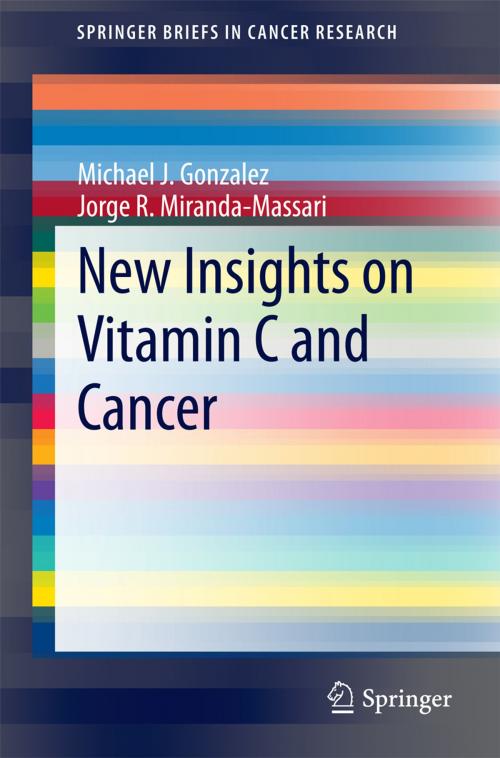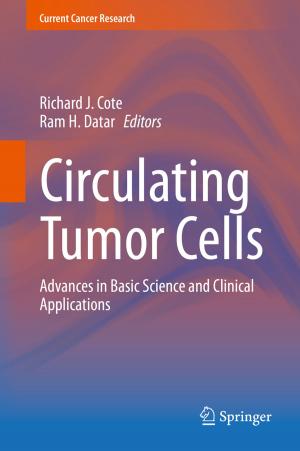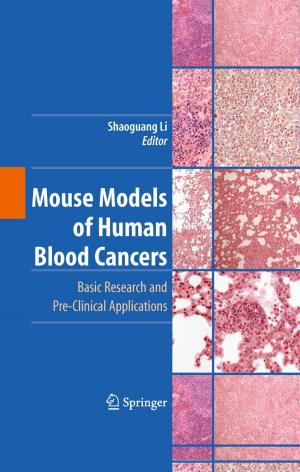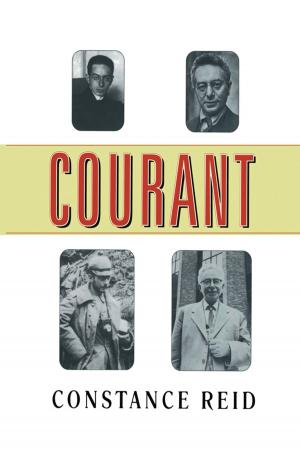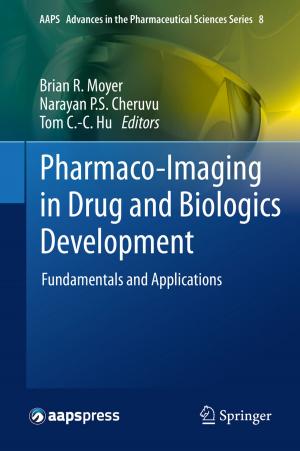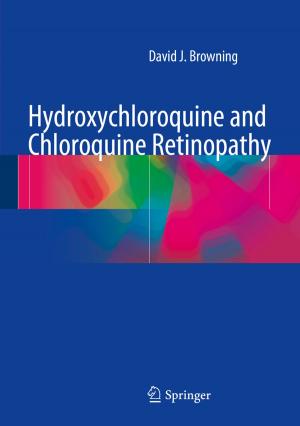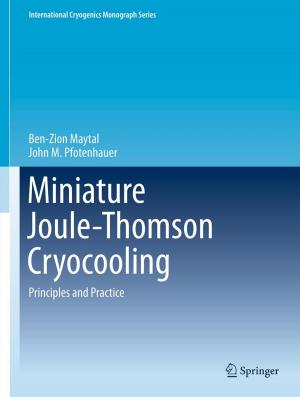New Insights on Vitamin C and Cancer
Nonfiction, Science & Nature, Science, Other Sciences, Molecular Biology, Health & Well Being, Medical, Specialties, Oncology| Author: | Michael J. Gonzalez, Jorge R. Miranda-Massari | ISBN: | 9781493918904 |
| Publisher: | Springer New York | Publication: | September 18, 2014 |
| Imprint: | Springer | Language: | English |
| Author: | Michael J. Gonzalez, Jorge R. Miranda-Massari |
| ISBN: | 9781493918904 |
| Publisher: | Springer New York |
| Publication: | September 18, 2014 |
| Imprint: | Springer |
| Language: | English |
Research on vitamin C and its effects on cancer is growing in popularity around the world as positive research continues to accumulate building a stronger case for its effectiveness. This concise SpringerBrief on Vitamin C and Cancer presents the latest findings on how vitamin C induces apoptosis. A high concentration of vitamin C allows for ascorbate to generate hydrogen peroxide in tissue that can selectively kill cancer cells. Research has confirmed that high-dose vitamin C is cytotoxic to a wide variety of cancer cell lines, and that it also boosts the anti-cancer activity of several common chemotherapy drugs. Vitamin C also does more than just kill cancer cells. It boosts immunity by stimulating collagen formation to help the body wall off the tumor. It inhibits hyaluronidase, an enzyme that tumors use to metastasize and invade other organs throughout the body. This concise and up-to-date Brief is geared towards cancer researchers and scientists, as well as physicians interested in the basic science and the translational potential of vitamin C in cancer therapeutics.
Research on vitamin C and its effects on cancer is growing in popularity around the world as positive research continues to accumulate building a stronger case for its effectiveness. This concise SpringerBrief on Vitamin C and Cancer presents the latest findings on how vitamin C induces apoptosis. A high concentration of vitamin C allows for ascorbate to generate hydrogen peroxide in tissue that can selectively kill cancer cells. Research has confirmed that high-dose vitamin C is cytotoxic to a wide variety of cancer cell lines, and that it also boosts the anti-cancer activity of several common chemotherapy drugs. Vitamin C also does more than just kill cancer cells. It boosts immunity by stimulating collagen formation to help the body wall off the tumor. It inhibits hyaluronidase, an enzyme that tumors use to metastasize and invade other organs throughout the body. This concise and up-to-date Brief is geared towards cancer researchers and scientists, as well as physicians interested in the basic science and the translational potential of vitamin C in cancer therapeutics.
